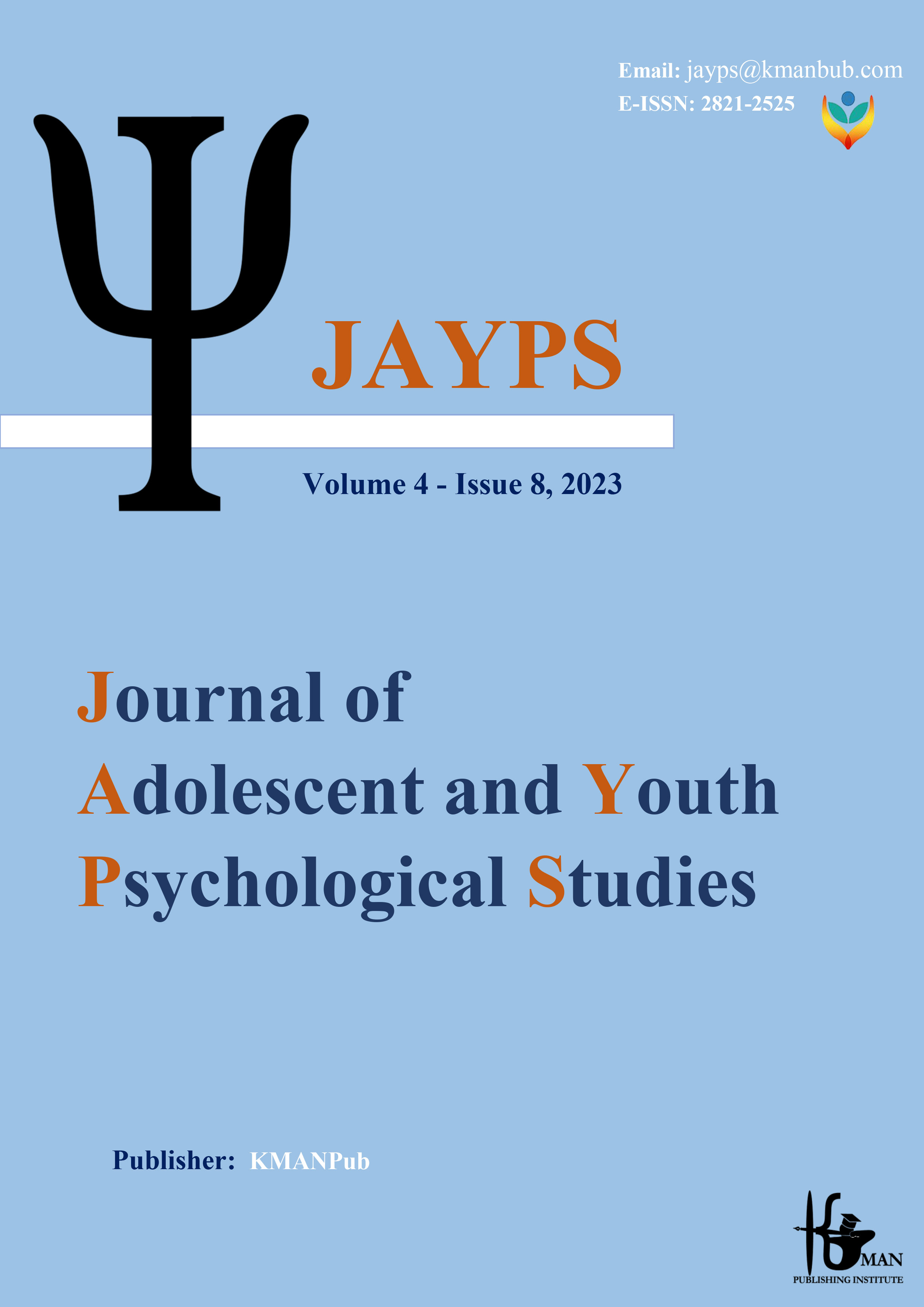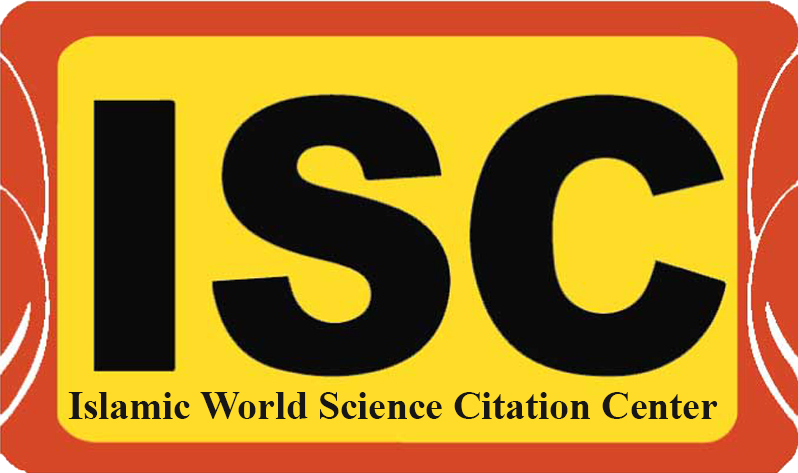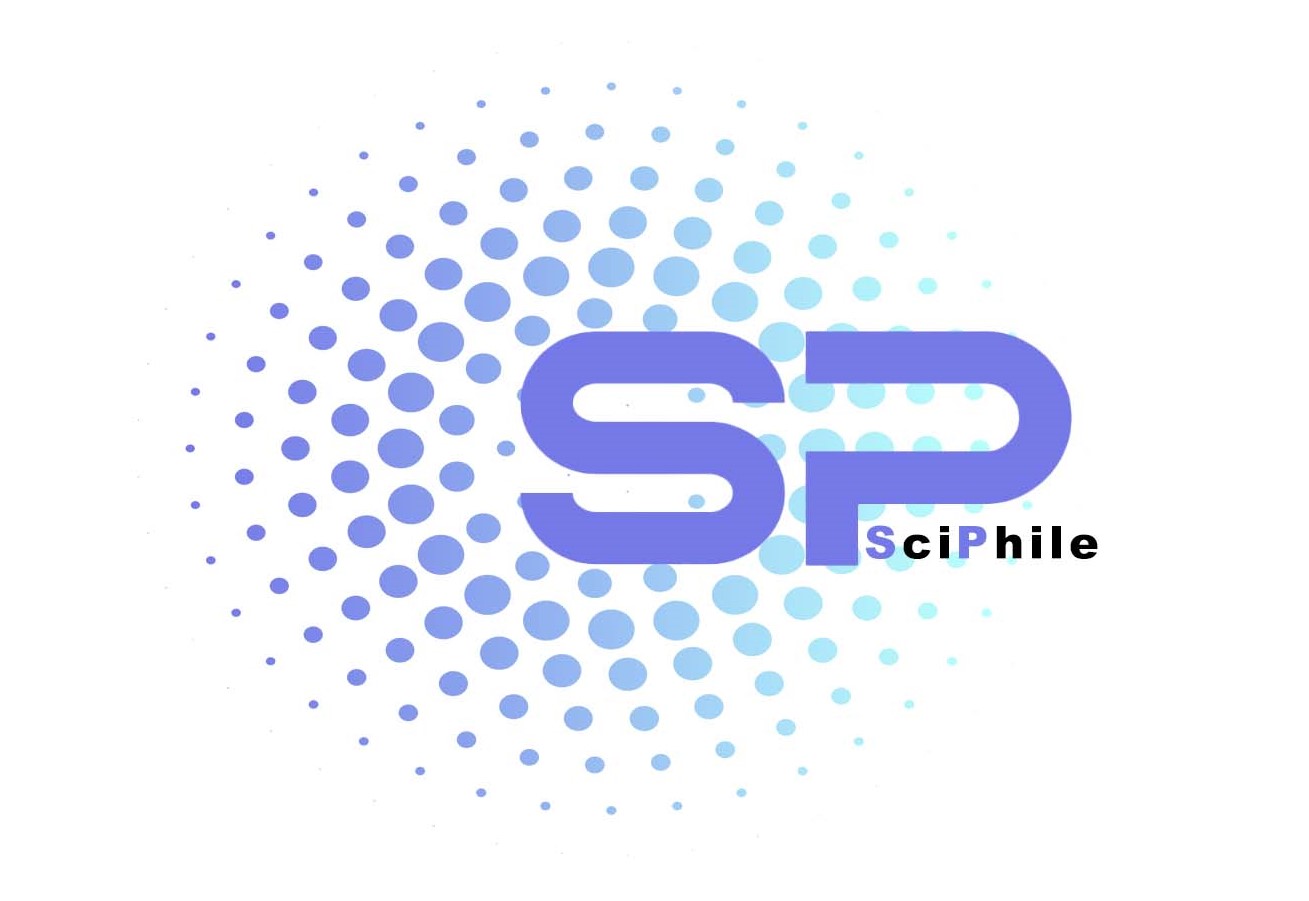Investigating the Effectiveness of Educational and Moral Orientations of Nahj al-Balagheh on Emotional Intelligence and Aggression of Students of the First Year of High School in District One of Tabriz
Keywords:
Educational components, moral components, Nahj al- Balagha, emotional intelligence.Abstract
Background and Aim: Today, emotional intelligence is one of the important subjects in the education of students to increase various skills throughout their life. Also, aggression is one of the significant issues of the experts that paying attention to these two issues in the course of students' curriculum can have positive effects. Based on this, the main goal of the present study was to investigate the effect of educational and moral orientations (components) of Nahj al Balagha on reducing students' aggression. Methods: The current research method was quasiexperimental with pre-test and post-test and with a control group. The project was implemented in the framework of a quasi-experimental method with a pre-test and post-test and with a control group. The target population is all the male students of the first year of high school in one district of Tabriz in the academic year 2016- 2017, who were selected by cluster sampling method and 30 students were randomly divided into two experimental (15) and control (15) groups. were replaced and the aggression questionnaire of Bass and Perry (1992) was obtained from both groups. Then, the experimental group was subjected to the intervention of the independent variable "educational and moral components" for 10 sessions, and the control group did not receive any intervention. After the end of the intervention, a post-test of aggression was performed in both groups to determine the effect of the independent variable on the dependent variables of "emotional intelligence, aggression". Data were described and analyzed using standard deviation, mean and covariance analysis. Results: The findings showed that teaching the educational and moral components of Nahj al-Balagha has an effect on reducing students' aggression and the level of aggression decreases significantly. The calculated F was (72.47) and the significance level was p<0.05. Also, the applicability of using Nahj al-Balagha concepts in schools and other educational centers in order to reduce the aggression of secondary school students had a significant effect. The calculated F was (38.45) and the significance level was p<0.05. Conclusion: Based on the findings, it can be concluded that using the educational and moral orientations of Nahj al-Balagha is effective on the emotional intelligence and aggression of students, and therefore lesson planners and schools can use these orientations in their education.
Downloads
Downloads
Published
Issue
Section
License

This work is licensed under a Creative Commons Attribution-NonCommercial 4.0 International License.


























